Personal experiences affect the facts that judges choose to see
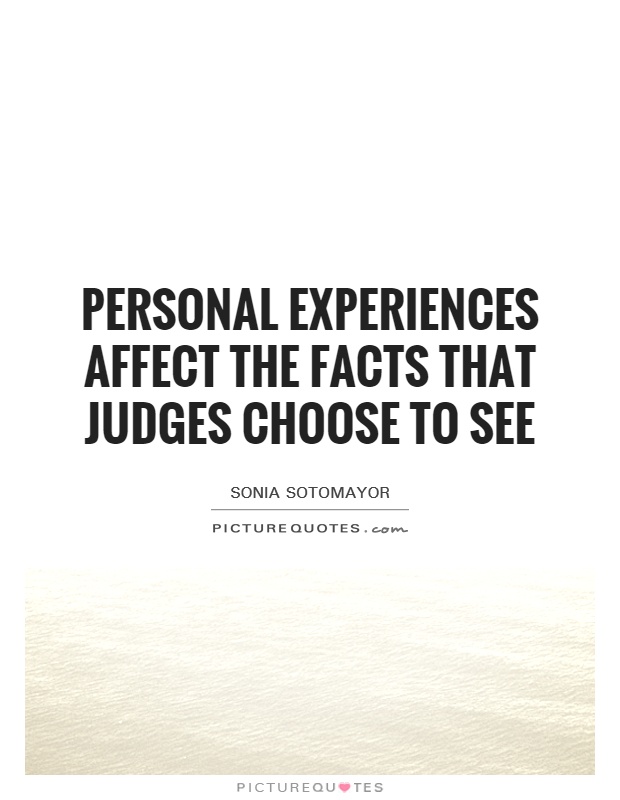
Personal experiences affect the facts that judges choose to see
Sonia Sotomayor, the first Latina Supreme Court Justice in the history of the United States, has often spoken about how her personal experiences have shaped her perspective on the law. In her memoir, "My Beloved World," Sotomayor discusses how her upbringing in a low-income neighborhood in the Bronx, as well as her struggles with diabetes and her experiences as a woman of color, have influenced her approach to judging.Sotomayor has been open about how her personal experiences have affected the way she views the facts in a case. She has said that she believes judges should be aware of their own biases and prejudices, and that they should strive to see the world from different perspectives. Sotomayor has also emphasized the importance of empathy in judging, and has spoken about how her own experiences have made her more empathetic towards those who come before the court.
One of the most famous quotes from Sotomayor comes from a speech she gave at the University of California, Berkeley in 2001. She said, "I would hope that a wise Latina woman with the richness of her experiences would more often than not reach a better conclusion than a white male who hasn't lived that life." This statement caused controversy at the time, with some critics accusing Sotomayor of being biased against white men. However, Sotomayor has defended her remarks, saying that she was simply acknowledging the fact that personal experiences can shape a person's perspective on the law.
In her time on the Supreme Court, Sotomayor has been known for her thoughtful and empathetic approach to judging. She has often been a voice for the marginalized and the disadvantaged, and has spoken out against discrimination and injustice. Sotomayor's personal experiences have undoubtedly played a role in shaping her views on the law, and have made her a powerful advocate for those who have been marginalized by society.

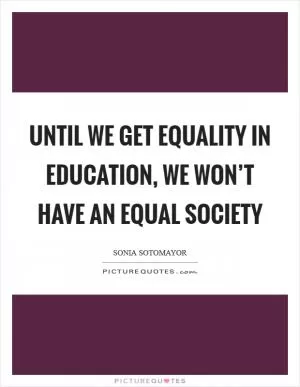


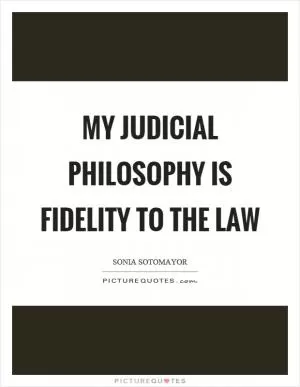
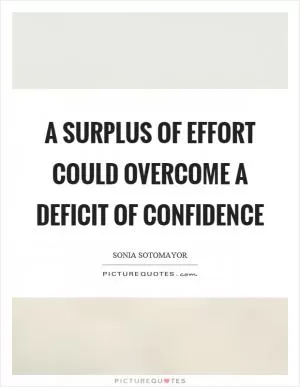
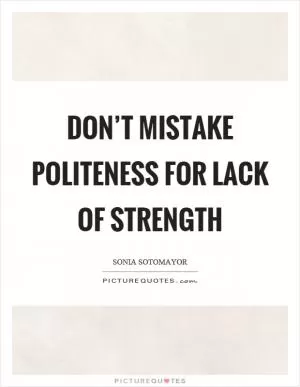




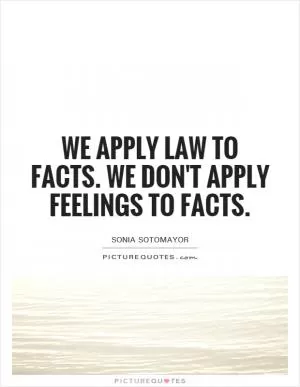
 Friendship Quotes
Friendship Quotes Love Quotes
Love Quotes Life Quotes
Life Quotes Funny Quotes
Funny Quotes Motivational Quotes
Motivational Quotes Inspirational Quotes
Inspirational Quotes